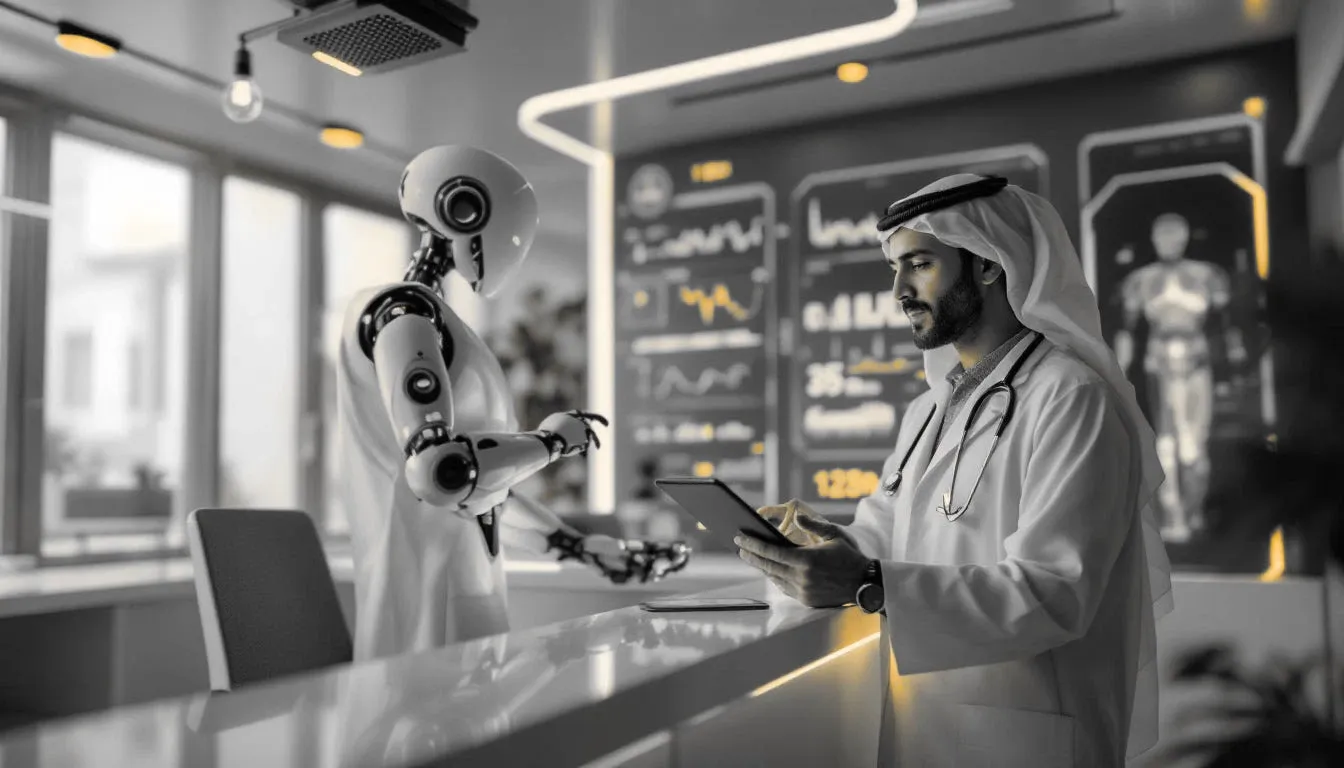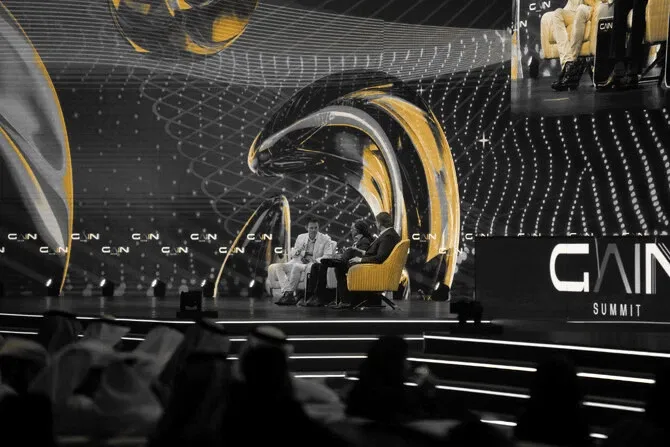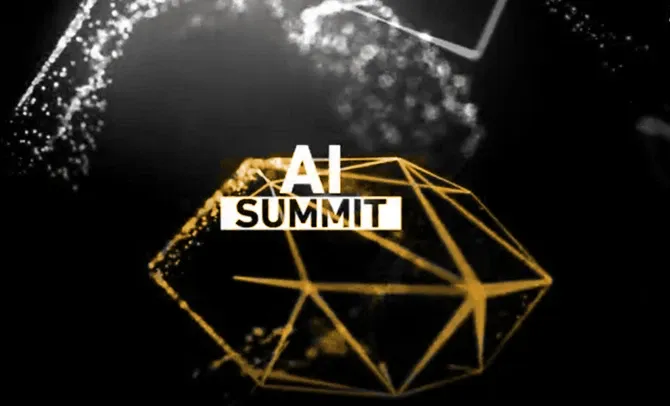




5/28/2025
By New Wave
In the bustling and increasingly sophisticated event market of Saudi Arabia, generic marketing messages no longer cut through the noise. Attendees, particularly the Kingdom's digitally native youth, expect personalized experiences and communications that resonate with their specific interests and needs. The key to unlocking this level of tailored engagement lies in the powerful combination of Artificial Intelligence (AI) and Big Data analytics.21 This article explores how these transformative technologies are enabling event marketers in KSA to move beyond broad-stroke promotions towards hyper-targeted strategies that enhance attendee acquisition, deepen engagement, and ultimately maximize event ROI, aligning perfectly with Vision 2030's emphasis on digital transformation.


The application of AI and Big Data allows for a highly personalized approach throughout the event marketing lifecycle:
1- Smarter Audience Segmentation & Targeting:
2- Personalized Messaging & Content Delivery:
3- Optimized Campaign Timing & Channel Selection:
4- Predictive Lead Scoring for Exhibitors & Sponsors:
5- Dynamic Content Recommendations on Event Platforms:
The ability to track and analyze every touchpoint in the event marketing journey provides unprecedented insight into what works and what doesn't.
While the potential is immense, successful implementation requires:
Conclusion:
The future of event marketing in Saudi Arabia is undeniably personalized, powered by the intelligent application of AI and Big Data. These technologies are enabling a shift from mass communication to meaningful, one-to-one conversations at scale, resulting in more engaged attendees, more successful events, and a greater return on marketing investment. As the Kingdom continues its rapid digital transformation, event organizers and marketers who embrace these tools will be best positioned to thrive in an increasingly competitive and sophisticated market. New Wave is committed to leveraging these advanced strategies to deliver exceptional results for its clients.